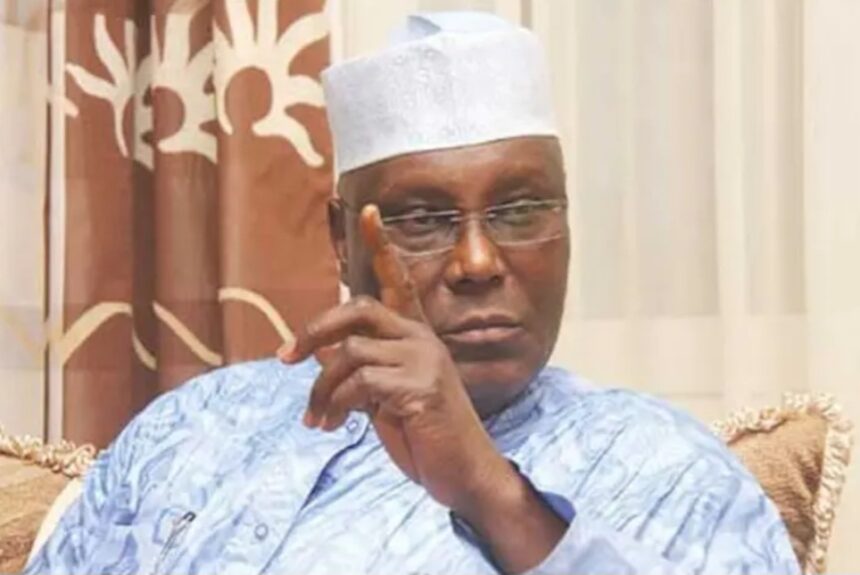A Political analyst Darlington Umoru has expressed doubts about former Senate President David Mark relinquishing the African Democratic Congress (ADC) chairmanship position, a move that could complicate Atiku Abubakar’s chances of securing the party’s presidential ticket.
He stated this during TVC Breakfast program, highlighted the internal power dynamics within the ADC, noting that Mark, a prominent figure from the North Central region, is unlikely to step aside for another chairman. …CONTINUE READING


This, he argued, creates a zoning dilemma since the party’s presidential candidate cannot also emerge from the North if the chairman remains from the same region.
“David Mark is the acting chairman. Would he want to step down at the next convention for another person to become chairman?” Umoru questioned, pointing out that ADC’s leadership structure could tilt the presidential candidacy toward the South. This scenario would likely sideline Atiku, a Northern aspirant, despite his strong political influence.
The analyst further explained that ADC’s internal conflicts mirror broader political tensions between Nigeria’s North and South. He referenced an unwritten power-sharing agreement—initiated by the PDP—where the presidency rotates between regions in eight-year cycles. With President Bola Tinubu (South) currently in office, Southern politicians like Peter Obi are pushing for a single-term presidency to complete the South’s tenure before power shifts back to the North.
However, Umoru warned that Atiku’s insistence on running could fracture the ADC, as Northern bloc votes may not consolidate behind him if the party’s leadership favors a Southern candidate. He also dismissed speculation about Obi accepting a vice-presidential slot, recalling Obi’s public refusal to deputize again.
The ADC’s struggle to manage these competing interests, Umoru concluded, could weaken its challenge against the ruling APC in 2027 unless the party resolves its zoning disputes early. Failure to do so may force key figures like Atiku to return to their former parties, leaving the coalition in disarray.




